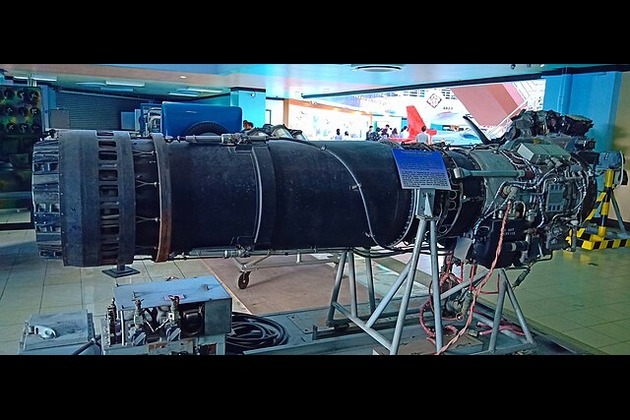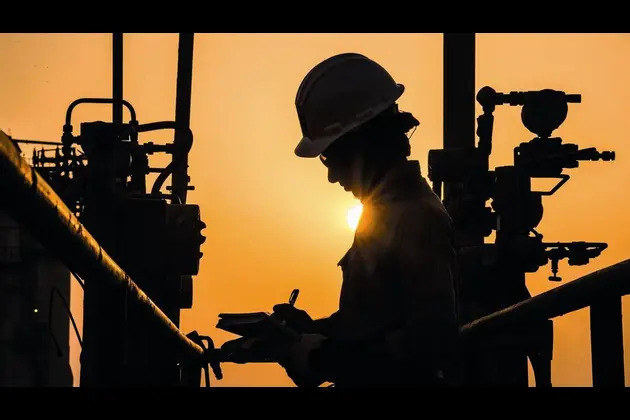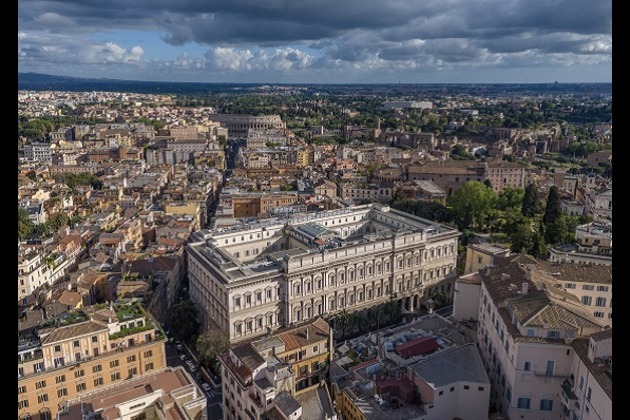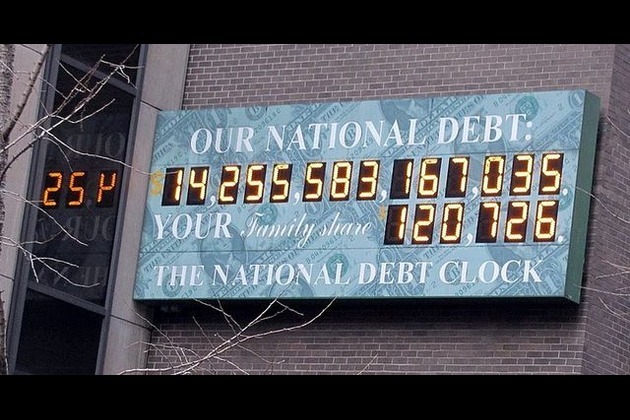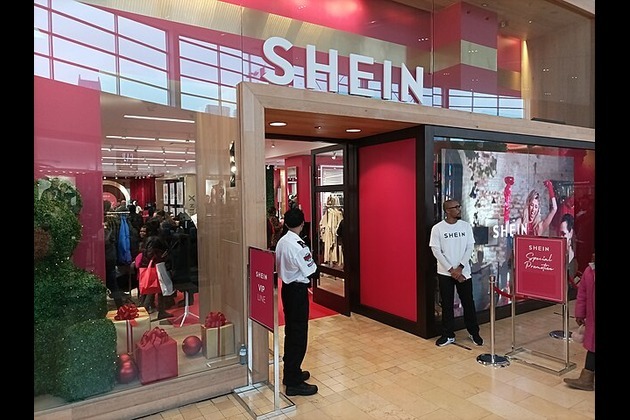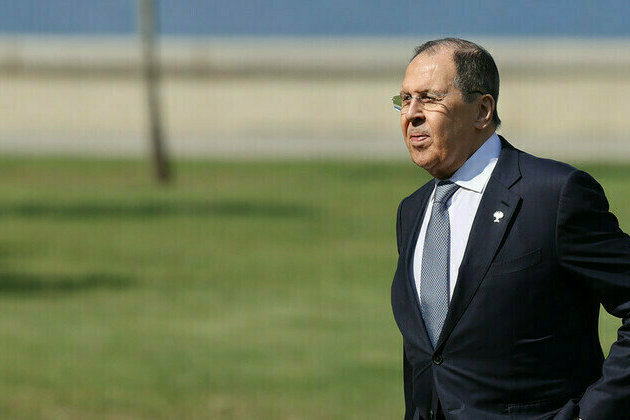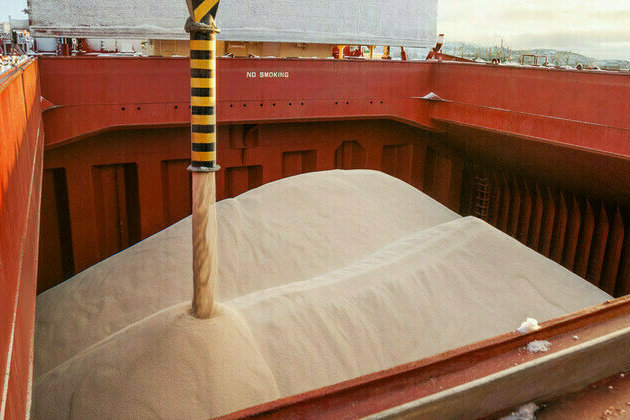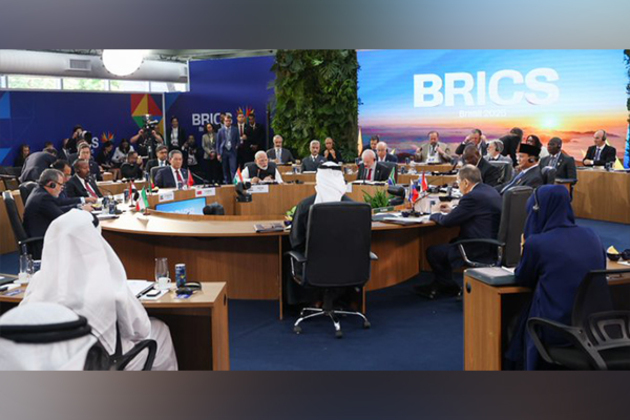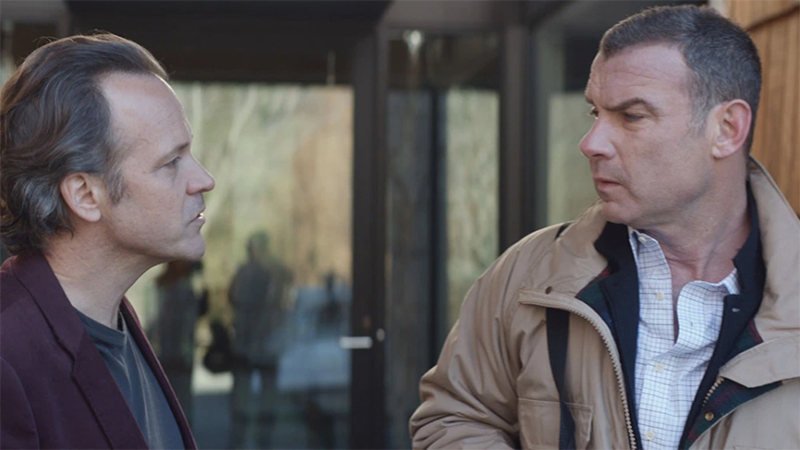Alcohol and colonialism: the curious story of the Bulawayo beer gardens
The Conversation
07 Jul 2025, 14:42 GMT+10
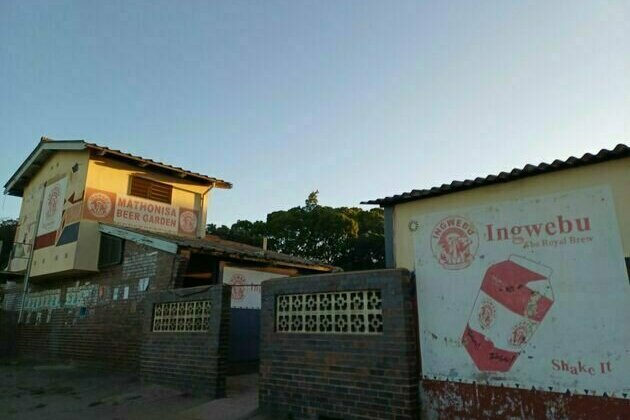
Kontuthu Ziyathunqa - Smoke Rising - was what they used to call Bulawayo when the city was the industrial powerhouse of Zimbabwe. Now, many of its factories lie dormant or derelict. The daily torrent of workers flowing eastward at dawn, and back out to the high-density western suburbs at dusk, has diminished to a trickle.
But there is an intriguing industrial-era institution that lives on in most of the older western suburbs (formerly called townships). It is the municipal beer hall or beer garden, built in the colonial days for the racially segregated African worker communities. There are dozens of these halls and garden complexes, still serving customers and emitting muffled sounds of merriment to this day.
Read more: Mbare Art Space: a colonial beer hall in Zimbabwe has become a vibrant arts centre
Like other urban areas in Rhodesia (colonial Zimbabwe), Bulawayo was informally segregated from its inception, and more formally segregated after the second world war. Under British rule (1893-1965) and then independent white minority rule (1965-1980), municipal drinking amenities were built in the townships to maintain control of African drinking and sociality. At the same time, they raised much-needed revenue for township welfare and recreational services.
Read more: Zimbabwe's economy crashed - so how do citizens still cling to myths of urban and economic success?
I researched the history of these beer halls and gardens as part of my PhD project on the development of the segregated African townships in late colonial Bulawayo. As my historical account shows, they played a key role in the contested township development process.
Bulawayo's oldest and most famous beer hall, MaKhumalo, also known as Big Bhawa, was built more than a century ago. It still stands at the heart of the historic Makokoba neighbourhood. It's enormous, but austere, and in the early days it was oppressively managed. Drinkers would describe feeling like prisoners there.
The more picturesque beer gardens began to emerge in the 1950s, reflecting the developmental idealism of Hugh Ashton. The Lesotho-born anthropologist was educated at the Universities of Oxford, London and Cape Town, and took up the new directorship of African administration in Bulawayo in 1949.
He was tuned into new anthropological ideas about social change, as well as developmental ideas spreading through postwar colonial administrations - about "stabilising" and "detribalising" African workers to create a more passive and productive urban working class. He saw a reformed municipal beer system as a key tool for achieving these goals.
Ashton wanted to make the beer system more legitimate and the venues more community-building. He proposed constructing beer garden complexes with trees, rocks, games facilities, food stalls and events like "traditional dancing". So the atmosphere would be convivial and respectable, but also controllable, enticing all classes and boosting profits to fund better social services. As we shall see, this strategy was full of contradictions...
MaKhumalo, MaMkhwananzi, MaNdlovu, MaSilela. These beer garden names, emblazoned on the beer dispensaries that stick up above the ramparts of each garden complex, referenced the role that women traditionally played in beer brewing in southern Africa. This helped authenticate the council's "home brew".
But the reality was that the beer was now produced in a massive industrial brewery managed by a Polish man. It was piped down from steel tanks at the tops of the dispensary buildings into the plastic mugs of thirsty punters at small bar windows below. (It was also sold in plastic calabashes and cardboard cartons.)
And the beer garden bureaucracy, which offered a rare opportunity for African men to attain higher-grade public sector jobs, became increasingly complex and strictly audited.
As the townships rapidly expanded, with beer gardens dotted about them, sales of the council's "traditional" beer - the quality of which Ashton and his staff obsessed over - went up and up.
Extensive beer advertising in the council's free magazine mixed symbols of tradition (beer as food) with symbols of modern middle-classness.
The system's success relied on the Bulawayo council having a monopoly on the sale of so-called "native beer". This traditional brew is typically made by malting, mashing, boiling and then fermenting sorghum, millet or maize grains. Racialised Rhodesian liquor laws restricted African access to "European" beers, wines and spirits.
So, the beer hall or garden was the only public venue where Africans could legally drink (apart from a tiny elite, for whom a few exclusive "cocktail lounges" were built). The council cracked down harshly on "liquor offences" like home brewing.
This beer monopoly system was quite prevalent in southern and eastern Africa, though rarely at the scale to which it grew in Bulawayo. Nearly everywhere, the system caused resentment among African townspeople, and so it became politically charged.
In several colonies, beer halls became sites of protest, or were boycotted (most famously in South Africa). And they usually faced stiff competition from illicit drinking dens known as shebeens.
In Bulawayo, the more the city council "improved" its beer system after the Second World War, the more contradictory the system became. It actively encouraged mass consumption of "traditional" beer, so that funds could be raised for "modern" health, housing and welfare services in the townships. Ashton himself was painfully aware of the contradictions.
In his guest introduction to a 1974 ethnographic monograph on Bulawayo's beer gardens, he wrote:
The ambivalence of my position is obvious. How can one maintain a healthy community and a healthy profit at one and the same time? I can almost hear the critical reader questioning my morality and even my sanity. And why not? I have often done so myself.
Many citizen groups - both African and European - questioned the system too. They called it illogical, if not immoral; even some government ministers said it had gone too far. And when some beer gardens were constructed close to European residential areas, to cater for African domestic workers, many Europeans reacted with fear and fury.
As Zimbabweans' struggle for independence took off in the 1960s, African residents increasingly associated the beer halls and gardens with state neglect, repression, or pacification. They periodically boycotted or vandalised them. Nevertheless, with few alternative options, attendance rates remained high: MaKhumalo recorded 50,000 visitors on one Sunday in 1970.
After Zimbabwe gained independence in 1980, the township beer gardens remained in municipal hands. They continued to be popular, even though racial desegregation had finally given township residents access to other social spaces across the city.
The colonial-era municipal beers continued to be produced, with Ngwebu ("The Royal Brew") becoming a patriotic beverage for the Ndebele - the city's majority ethnic group.
But with the deindustrialisation of Bulawayo since the late 1990s, tens of thousands of blue collar workers have moved to greener pastures, mostly South Africa. The old drinking rhythm of the city's workforce has changed, and for the young, the beer gardens hold little allure. Increasingly, they have been leased out to private individuals to run.
Read more: Beer, politics and identity - the chequered history behind Namibian brewing success
Nevertheless, there is always a daily trickle of regulars to the beer gardens, where mugs and calabashes are passed around among friends or burial society members. Some punters play darts or pool. And there are always some who sit alone, ruminating - perhaps in the company of ghosts from the past.
The beer gardens of Bulawayo embody the moral and practical contradictions of late colonial development - and the ways in which such systems and infrastructures may live on, but change meaning, in the post-colony.
 Share
Share
 Tweet
Tweet
 Share
Share
 Flip
Flip
 Email
Email
Watch latest videos
Subscribe and Follow
Get a daily dose of Sierra Leone Times news through our daily email, its complimentary and keeps you fully up to date with world and business news as well.
News RELEASES
Publish news of your business, community or sports group, personnel appointments, major event and more by submitting a news release to Sierra Leone Times.
More InformationBusiness
SectionTrump admin allows GE to restart engine sales to China’s COMAC
WASHINGTON, D.C.: The U.S. government has granted GE Aerospace permission to resume jet engine shipments to China's COMAC, a person...
Saudi Aramco plans asset sales to raise billions, say sources
DUBAI, U.A.E.: Saudi Aramco is exploring asset sales as part of a broader push to unlock capital, with gas-fired power plants among...
Russia among 4 systemic risk countries for Italian banks
MILAN, Italy: Italian regulators have flagged four non-EU countries—including Russia—as carrying systemic financial risk for domestic...
US debt limit raised, but spending bill fuels fiscal concerns
NEW YORK CITY, New York: With just weeks to spare before a potential government default, U.S. lawmakers passed a sweeping tax and spending...
Shein hit with 40 million euro fine in France over deceptive discounts
PARIS, France: Fast-fashion giant Shein has been fined 40 million euros by France's antitrust authority over deceptive discount practices...
Meta hires SSI CEO Gross as AI race intensifies among tech giants
PALO ALTO/TEL AVIV: The battle for top AI talent has claimed another high-profile casualty—this time at Safe Superintelligence (SSI),...
Africa
SectionLavrov speaks to media at BRICS summit: Live Updates
The Russian foreign minister is speaking to reporters at the BRICS summit in Brazil Russian Foreign Minister Sergey Lavrov is holding...
Russias fertilizer exports to BRICS soaring industry
Bloc members, especially Brazil, have replaced the EU as Moscows top buyers, according to the fertilizer producers union Russian...
Vietnam-India trade reaches USD 15 billion, Ambassador Nguyen Thanh Hai eyes further cooperation
Kolkata (West Bengal) [India], July 7 (ANI): Vietnam's Ambassador to India, Nguyen Thanh Hai, highlighted the strong cooperation between...
After rewriting history with rollicking triple century, South Africa's declaration leaves captain Mulder short of Lara's 400
Bulawayo [Zimbabwe], July 7 (ANI): South Africa's surprising declaration left Wiaan Mulder 34 runs short of breaking legendary Brian...
BRICS leaders at Rio Summit condemn strikes on Iran, call for upholding international law
New Delhi [India], July 7 (ANI): BRICS leaders convened in Rio de Janeiro for the 17th BRICS Summit from July 6 to 7, where they strongly...
US deports barbaric criminals to African state
The men sent to South Sudan are so heinous that even their own countries refused to accept them, a Homeland Security official has stated...

